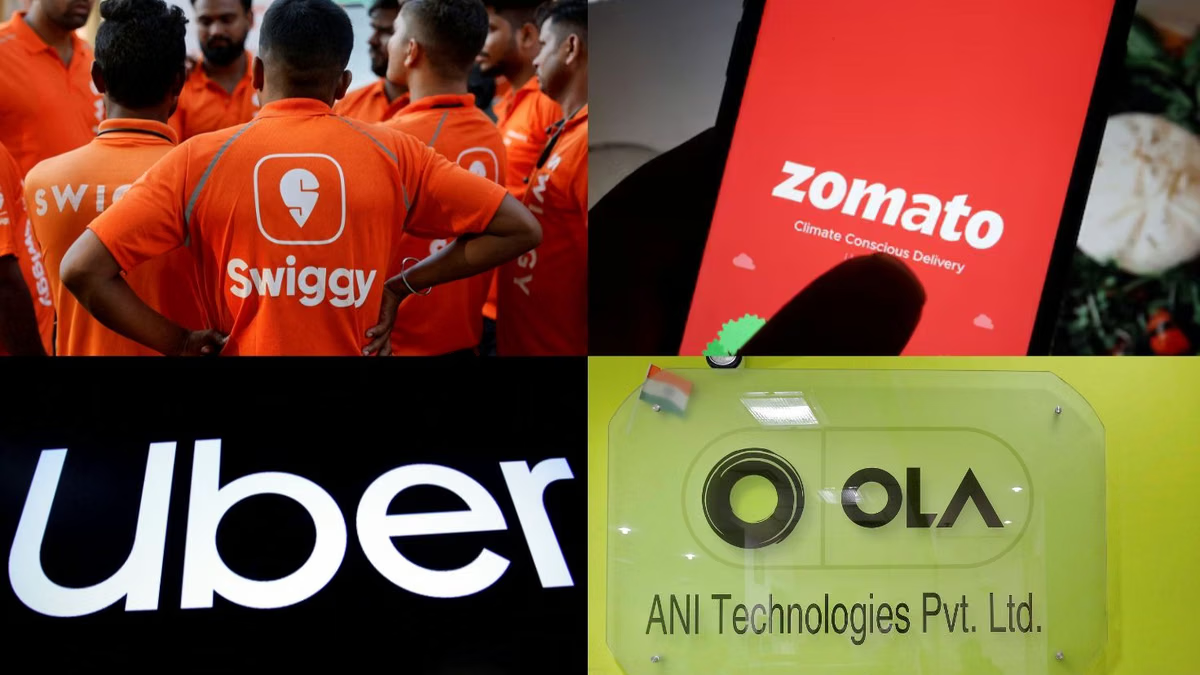Swiggy, Zomato, Ola, And Uber will be more expensive
The implementation of the new labor codes will increase the costs of gig platforms. Companies will be required to contribute to social security funds, which could impact platform fees and delivery charges. This could make food delivery and cab rides more expensive for users.
If you use Ola-Uber for rides and Swiggy and Zomato for ordering food, then your pocket is going to be burdened. The new labor codes implemented in India from November 21 can have a direct impact on gig-economy platforms like Swiggy, Zomato, Ola and Uber. Companies will now have to contribute to the social-security fund, which is likely to increase their per-order and operation costs. A report by Kotak Institutional Equities claims that this additional expense may eventually reach the users. This means that the bills for food delivery, cab rides and quick-commerce services may increase in the coming days.
Services will be expensive for users
According to a Kotak Equities report, the implementation of the new Labor Codes will increase the per-order costs for companies like Swiggy, Zomato, Ola, and Uber. Companies may be required to contribute 1-2% of their annual turnover or up to 5% of their payments to gig workers to the government’s social security fund. If the 5% limit is implemented, an additional cost of ₹3.2 per food delivery order and ₹2.4 per quick-commerce order will be added on average. The report estimates that this will be directly passed on to users.
How will platform fees increase?
The report suggests that companies could recover these costs from users by increasing platform fees, imposing surge-based charges, or adjusting delivery prices. Currently, these platforms offer services like accident insurance, health insurance, income protection, and maternity benefits separately. If all benefits are provided through a centralized fund, the additional cost per order could be slightly reduced to 1-2 rupees. However, overall costs are expected to increase.
Formal staffing companies will benefit
The new labor codes will benefit organized staffing companies as compliance will be simplified and centralized. This could strengthen the role of companies like TeamLease. However, tracking social security benefits will be challenging due to gig workers’ irregular work hours, frequent platform switching, and working on multiple apps simultaneously. The government’s e-Shram database will play a key role in this process.
Labor Codes came into effect from November 21
Four new Labor Codes have replaced 29 old laws and provided a unified system. For the first time, gig and platform workers have been included in the formal social security framework. Under the Wages Code, the central government will now set a national minimum wage, although it is unclear whether this will apply to gig workers. Kotak believes that without a robust digital infrastructure and real-time worker tracking, it will be difficult to deliver these benefits equitably.
ALSO READ : old one rupee note value in market 2025





